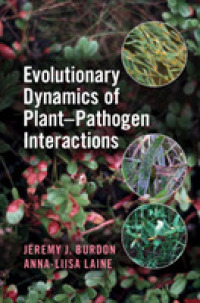Full Description
The relationship between language and identity is a complex topic everywhere in the world, but maybe it is even more crucial for those people living in the Balkans who speak a Romance variety. This volume is the result of a project started by the Balkan History Association, and brings together scholars trained in social sciences and humanities to offer the reader a thorough sociolinguistic and anthropological account of this region. It constitutes a contribution to a reformulation of methodological and analytical issues, providing a better insight in the linguistic and geopolitical processes taking place in the area.
Contributors are Michael Studemund-Halévy, Cătălin Mamali, Anna-Christine Weirich, Ewa Nowicka, Daniela-Carmen Stoica, Mircea Măran, Zvjezdana Vrzić, and Monica Huțanu.
Contents
Preface
Notes on Editors
Notes on Contributors
Introduction
1 From Rashi to Cyrillic: Bulgarian Judeo-Spanish (Judezmo) Texts in Cyrillic
Michael Studemund-Halévy
2 Political Terror and Repressed Aromanian Core Identity: Ways to Re-assert and Develop Ethnolinguistic Identity
Cătălin Mamali
3 Sociolinguistic Relations and Return Migration: Italian in the Republic of Moldova
Anna-Christine Weirich
4 Between Ethnicity, Regionalism, and Familial Memory: Identity Dilemmas among the Eastern Romance Communities of the Balkan Peninsula
Ewa Nowicka
5 Identity Constructions among the Members of the Aromanian Community in the Korçë Area
Daniela-Carmen Stoica
6 Megleno-Romanians in the Serbian Banat: Colonization and Assimilation
Mircea Măran
7 Nation-State Ideology and Identity and Language Rights of Linguistic Minorities: Prospects for the Vlashki/Zheyanski-Speaking Communities
Zvjezdana Vrzić
8 "What Language Do We Speak?" The Bayash in the Balkans and Mother Tongue Education
Annemarie Sorescu-Marinković
9 Performing Vlach-ness Online: The Enregisterment of Vlach Romanian on Facebook
Monica Huțanu
Index







